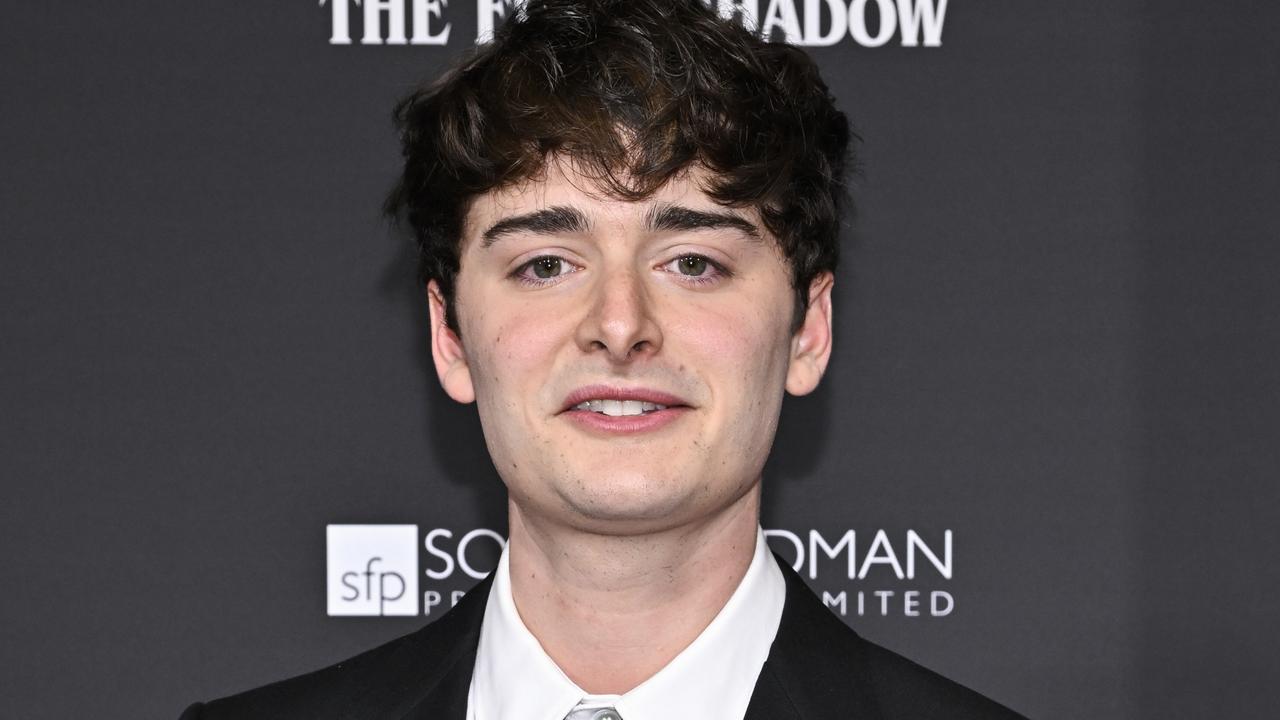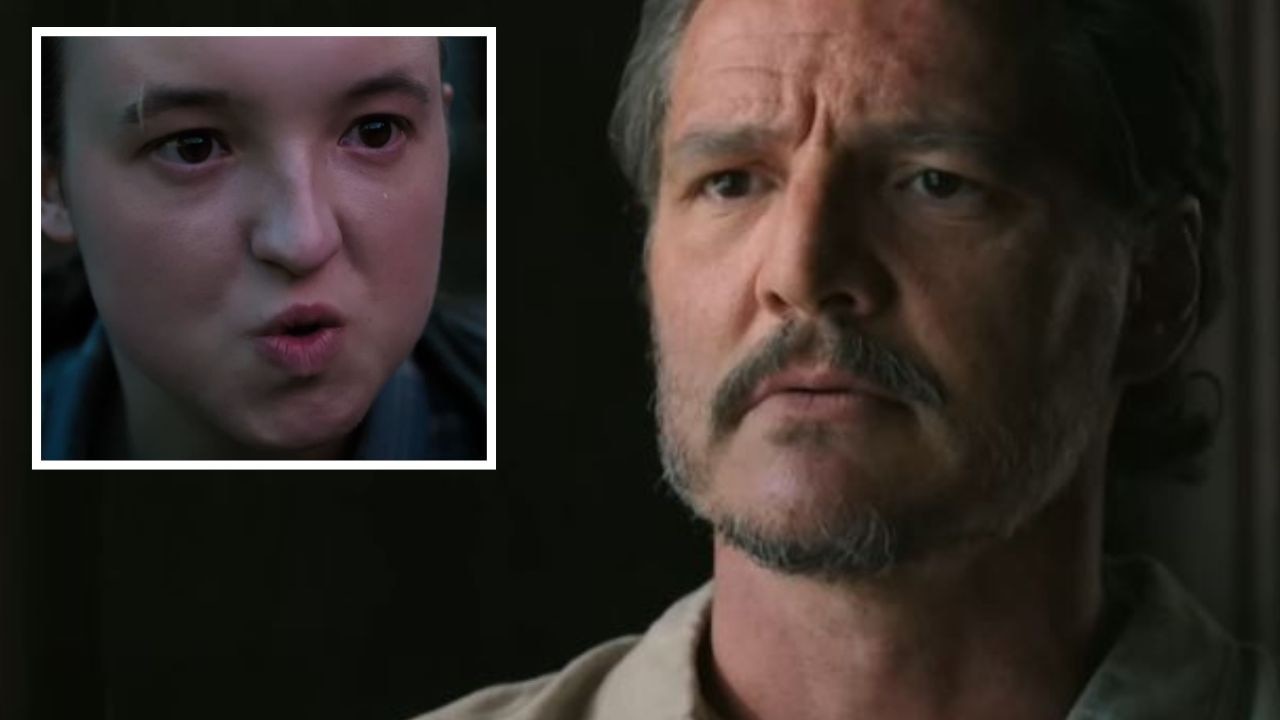The moment it went wrong for Netflix
There’s a lot of blame to go around for Netflix’s many problems but one industry bible is tracing it back to one significant decision.
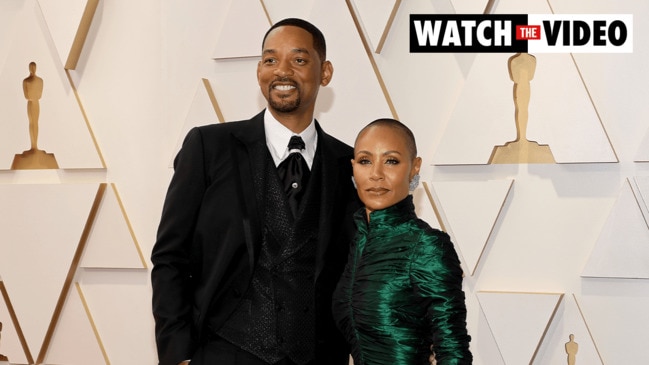
When you lose tens of billions of dollars in one day, blame starts to go around.
In the wave of recriminations following Netflix’s stock price plunge after it reported declining subscriber numbers for the first time in a decade, fingers are being pointed and costs are being cut.
First there was the ousting of its animation department head and with him, several staffers and in-production projects, and now roughly a dozen staff from its Tudum editorial team have been let go.
Maybe Netflix shouldn’t be so quick to cut people because according to The Hollywood Reporter, it may have been a high-profile scalping that led to Netflix’s current woes.
Many in the industry were surprised when in September 2020, Netflix’s long-time vice president of original content, Cindy Holland, was shown the door in an executive shake-up.
Holland had been with the company almost two decades at that point, since its fledgling days as a mail-order DVD rental service. She was also the one who ran point on its foray into original programming, starting with Lilyhammer, House of Cards and Orange is the New Black.
Holland had long been seen within the industry as a gatekeeper for quality and was known for championing collaborations with acclaimed on-screen and off-screen talent.
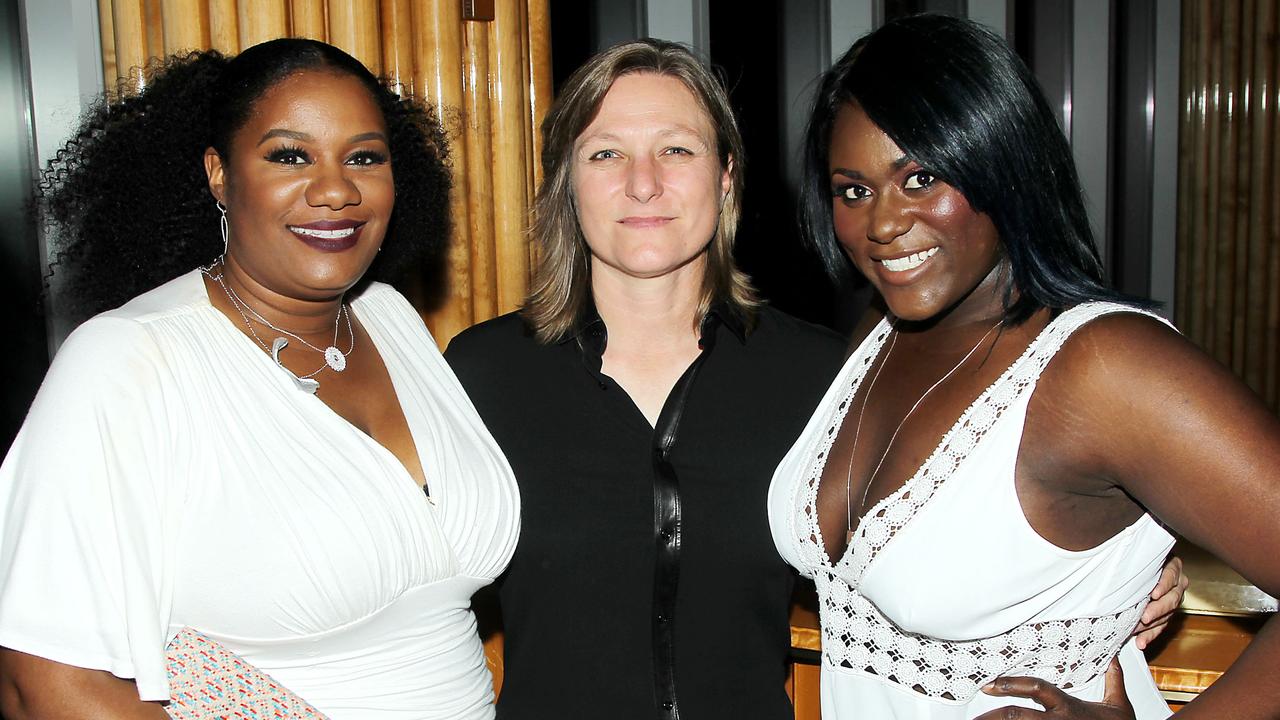
The Hollywood Reporter piece, written by veteran journalist Kim Masters, delves into the circumstances around Holland’s removal and the seismic cultural shift her exit had within Netflix and its move away from a more curated approach to programming.
Masters’ sources are unnamed but she’s a well-regarded and connected figure in Hollywood circles, and her reporting is generally on point. She also hosts the radio program and podcast The Business.
According to Masters’ sources, it was Holland and not Sarandos that created Netflix’s brand as home to prestigious and talked-about programming, and it was she who developed and sustained relationships with talent.
Masters quoted one inside source, “That service was built on the back of Cindy Holland’s taste. I could give you a list of names of people who would lie down on railroad tracks for her. Ted is a fan (of content), not a picker. He’s a cheerleader and a good cheerleader, to a degree.”
Not for nothing, Masters’ sources also claimed Holland had years ago warned Sarandos about the dangers of continuing to commission specials from controversial comedian Dave Chappelle, whose transphobic comments led to internal uproar and bad press for Netflix last year. Sarandos is a personal fan of Chappelle’s work.

Netflix knew it would soon need to replace licenced shows such as Friends and The Office as those titles were recalled by the studios where would launch their own streaming services, and couple that with its aggressive growth strategy, it needed to commission many more titles to populate its library.
According to Masters, “A former insider says Sarandos’ volume strategy began to prove destructive to the culture and quality of the service’s offerings.
“Whether Holland’s spendy approach itself would have proved sustainable is a question, but several creators believe Netflix lost much its early cachet by over-rotating to less expensive, less curated and less compelling – or the company might say broader – fare that simultaneously overwhelmed and underwhelmed some subscribers.”
Masters pointed to the 2016 hiring of former CBS and Universal TV executive Bela Bajaria as instrumental to the change within Netflix’s content strategy. Bajaria was originally brought onboard with responsibility for unscripted titles such as reality shows, but she also had oversight for licenced works.
One of Masters’ sources damned a 2017 commission by Bajaria as “the beginning of the Walmart-isation” of Netflix. That was the series Insatiable, a widely panned so-called satirical dramedy that was also hit with a fat-shaming scandal.

According to Masters’ source, “It’s called Insatiable-gate within the halls of Netflix. It gave the power of greenlight to several people. It caused absolute demoralisation and chaos. Everybody though it was a terrible thing Ted did, allowing one team to greenlight something that another team had passed on.”
That source said Insatiable’s relative success with viewers – it was picked up for a second season – led to Sarandos, under to pressure to increase Netflix’s volume of original titles, looking to “Bela as what the company should be”.
According to Masters, once Holland and Bajaria’s teams both had the power to commission scripted shows, it created a culture within Netflix which pitted the two executives against each other.
Holland was known for ambitious but expensive endeavours including The Crown, Stranger Things and The Queen’s Gambit – the latter was one of her final projects. Bajaria picked up You after it was dropped by its US broadcast channel Lifetime. Bajaria is also credited for Squid Game and Lupin.
Holland was a spendthrift, an approach that could ultimately be unsustainable, while Bajaria was tightfisted.
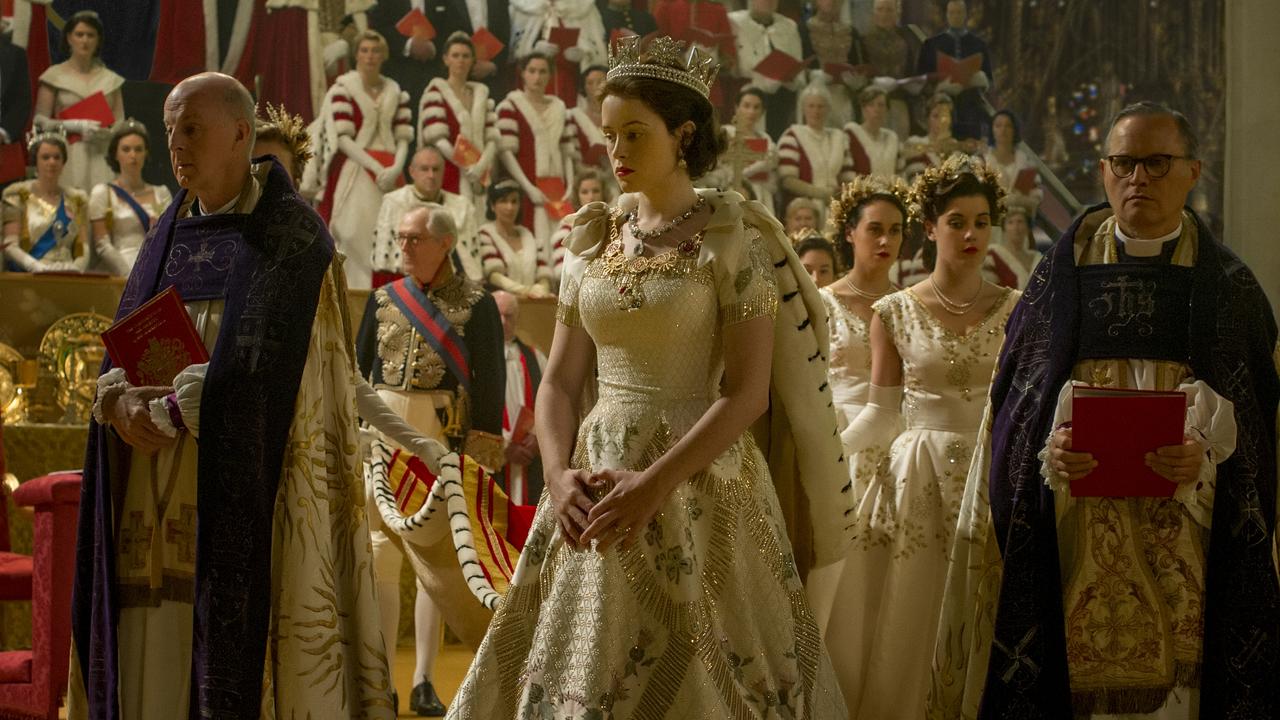
Masters’ article said Holland would push back at Sarandos and they disagreed on Netflix’s broader strategy. When Sarandos was promoted to co-chief executive, it would only take two months before he made his move.
Sarandos, Masters reported, flew to New York and took Holland out to French restaurant Pastis, a Meatpacking institution beloved by the cultural elite. There, he told Holland he was backing Bajaria.
One of Masters’ sources blames not Bajaria for the noticeable change in Netflix’s culture and the quality of its originals, but the higher-ups. They told THR, “You cannot blame Bela for any of this. She has bosses in (founder and co-chief executive) Reed (Hastings) and Ted, and this fish stinks from the head.”
In the nine years since Netflix launched House of Cards, its originals strategy has seemingly evolved from a discerning, curated approach that valued quality and prestige to one that is more is more.
In its hunger to become a “something for everyone” service, the streaming company has lost what it used to be.
But that might be the natural evolution for any large company that needs to satisfy the demands of aggressive growth. Netflix is no longer the disruptor and hasn’t been for a while.
The question remains is whether its remaining 222 million paying customers wants to fork out for a service that doesn’t have the cachet it used to enjoy, rather it’s become what many of its early fans were seeking an alternative from, the mainstream.


